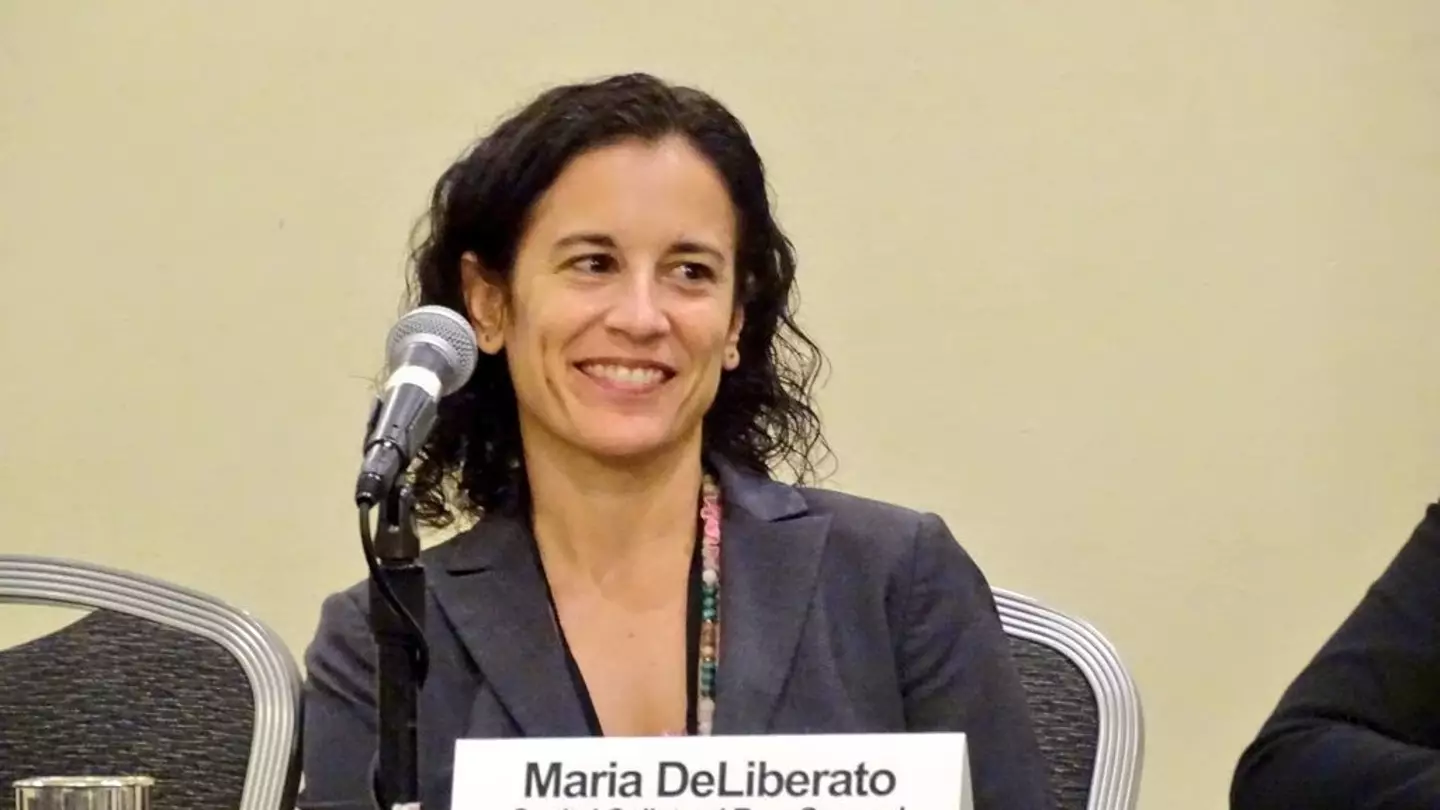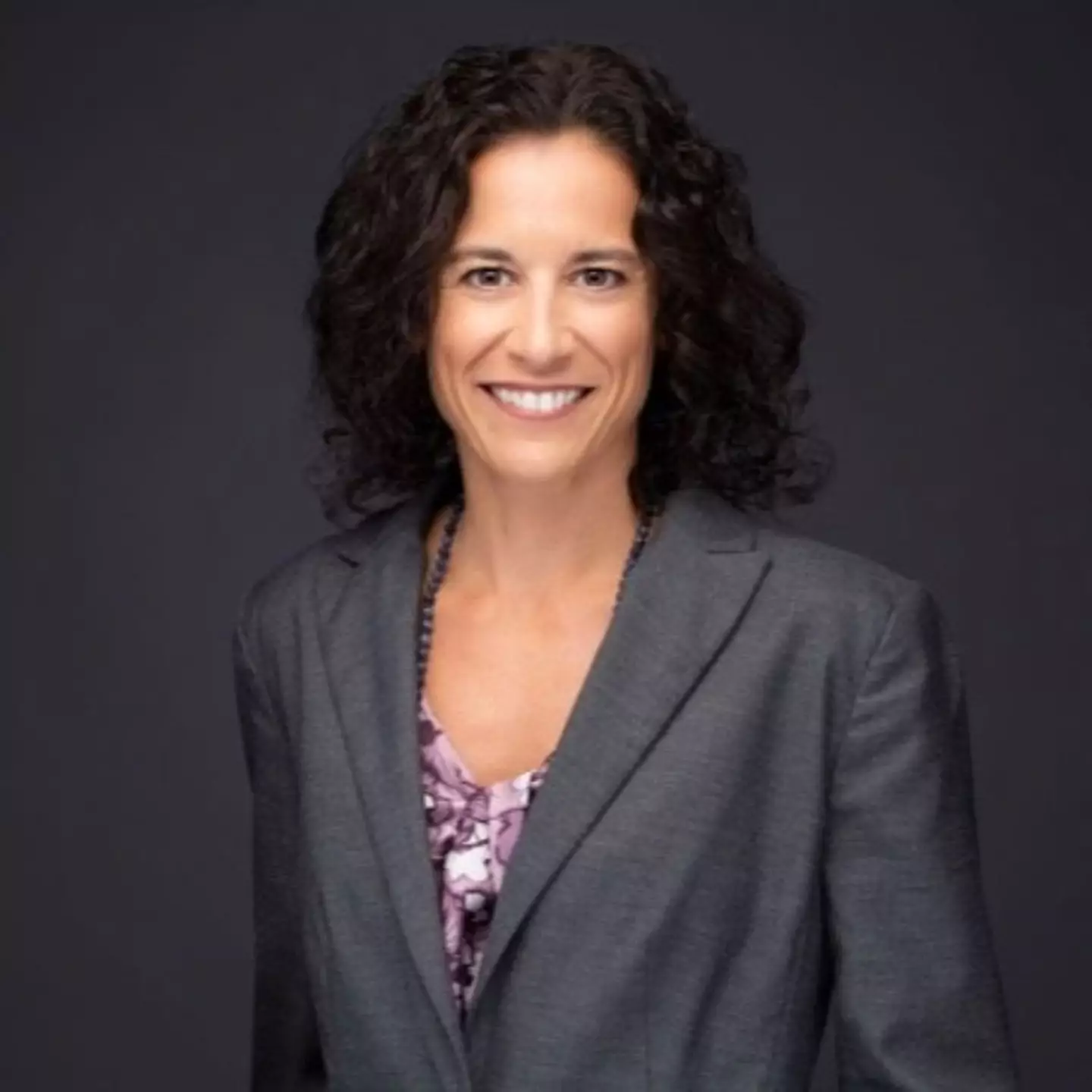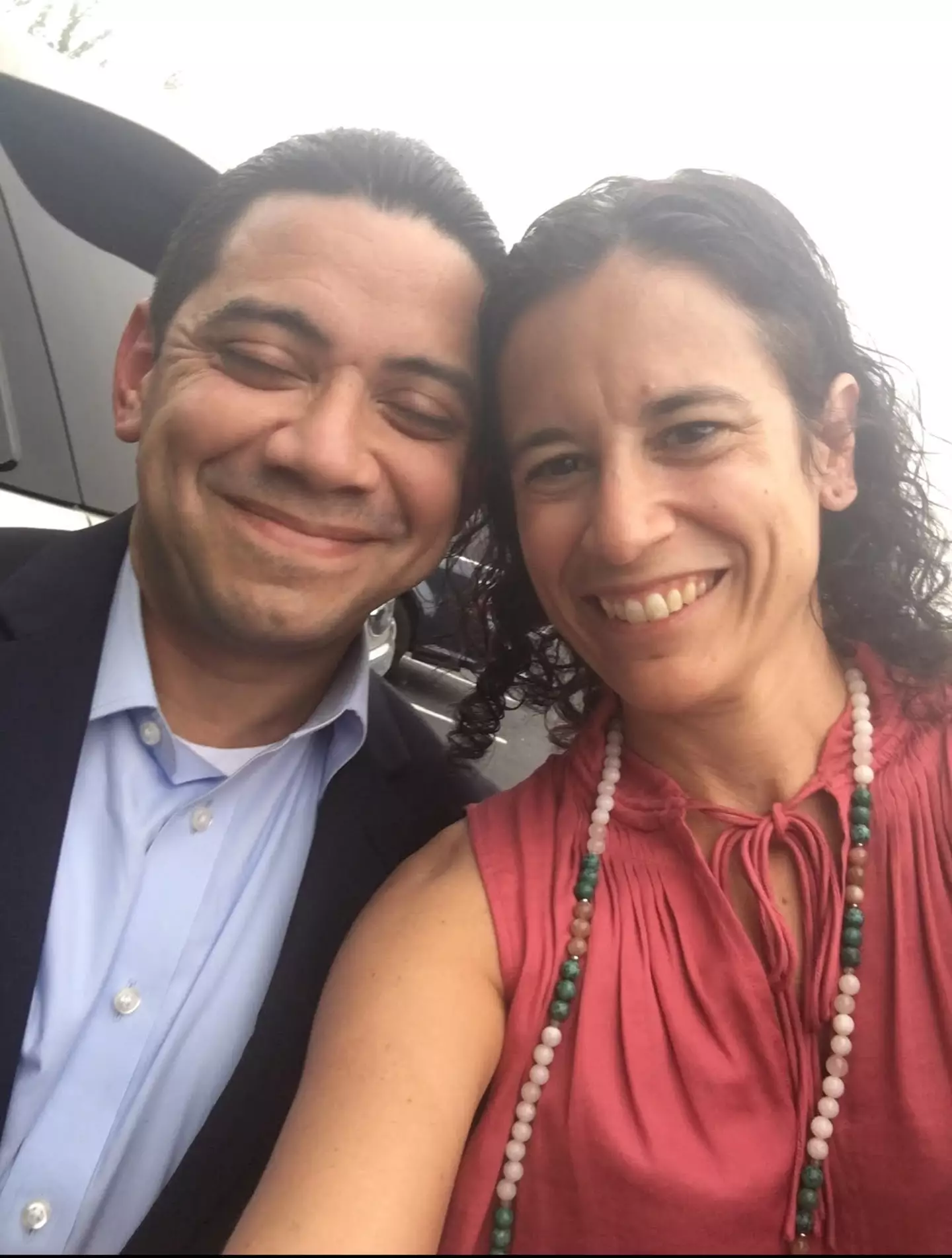
Interview by David Rivers
A death row lawyer has explained why she fights for death row prisoners despite the heinous crimes they have been locked up for.
American lawyer Maria DeLiberato has been leading the fight against executions in the US for 18 years, as she is currently awaiting the fates of six inmates whom she represents.
The assistant public defender admitted that she is driven to do her job after representing then-convicted murderer Clemente Aguirre-Jarquin, who spent 14 years behind bars and 10 years on death row, before new DNA evidence acquitted him of all charges.
Advert
"Clemente's case probably solidified it for me the most, in terms of how shockingly wrong we get it," she said of the Honduran immigrant.
She also mentioned how the death penalty can be 'disproportionately applied to people of colour'.

DeLiberato has represented death row prisoners since making the move from Miami to Tampa in 2006, though she has lost clients along the way, too.
Paedophile Larry Eugene Mann snatched 10-year-old Elisa Nelson while she was cycling to school, and killed her, while Jerry Correll stabbed his wife Susan, as well as their daughter, his mother-in-law and sister-in-law.
Advert
Both were administered the lethal injection, but this hasn't stopped DeLiberato from fighting for all of her clients, admitting: "Even if you felt like the death penalty was somehow appropriate from a pure vengeance standpoint, and I certainly get the desire for revenge, but that's all it is."
Admitting that she had a 'moral religious opposition' to it initially, research showed her that the 'system is so broken'.
The lawyer spoke up following an increase in executions in her nation in 2025, with there already being 26 so far this year.
It's an increase from the 25 in 2024 and 24 the year prior, says British anti-death penalty group Reprieve.
DeLiberato also spoke on reports of botched executions, explaining that Florida's use of midazolam in the lethal injection would feel like 'they were torturing people', adding that the same applied for similar drugs like etomidate.
Advert

She explained: "And then when we're talking about lethal gas and firing squads, we’re just talking about premeditated murder and brutality.
"It’s terrifying and frustrating, and also it's hard to break through to get everyday people to care in terms of thinking about getting towards abolition," the raised Catholic added.
“But the people that are on the fence about the death penalty are not moved by that because, and they're not wrong in the sense that it’s human nature to be like ‘well, the victim got worse than whatever they got’," DeLiberato pointed out.
The US has been under fire over accusations of drugs being sourced on the black market in lethal injections, as former death row lawyer Clive Stafford Smith pointed out this year that it was because pharmaceutical companies don't want to be associated with executions.
Advert
DeLiberato went on: “Everything is so secret, so it's really difficult to know. But I know that pharmaceutical companies do not want their drugs used in executions, so I'm not surprised by that.
“In Missouri, they tried to use propofol and basically the makers of propofol said, ‘we will not supply propofol to your state for surgery if you do this’.
"I've been under anaesthesia and I always ask them, what are you giving me and why?"
She explained the negatives of several lethal injections, pointing out that humans 'don't put down our animals that way'.

Advert
Concluding on execution techniques, she stated: “To me, lethal injection is the most troubling because it looks the most humane, but it's not.
“It depends on what we're talking about in terms of the mechanism of death. A firing squad to the heart might mean you are dead within seconds, but the violence of it and the terror…I can't say that I would choose that or want that more.
“But think the lethal injection is the most dishonest.”
She recalled receiving a letter from convicted murderer Mann, who told her to open a handwritten letter after he died.
Noting that he 'was at peace', DeLiberato remembers that he thanked her for her work.
“Losing him was incredibly challenging and changing, it was so sad and senseless. He actually wrote us a letter that we received after he died," she recalled.
“He basically wrote it saying if I’m alive, great, if I’m not, thank you for the work that you did, telling us to hang in there and stay strong for everyone on death row.”
She added that while she has friends across the US working in different states, 'there is a different sense of pressure and grief' when one of your clients dies.